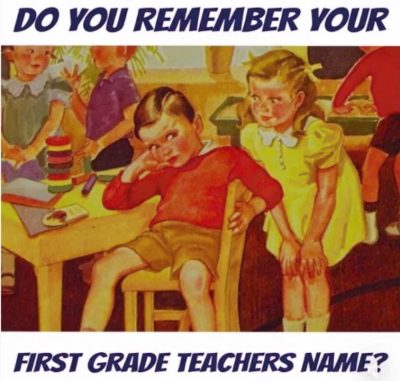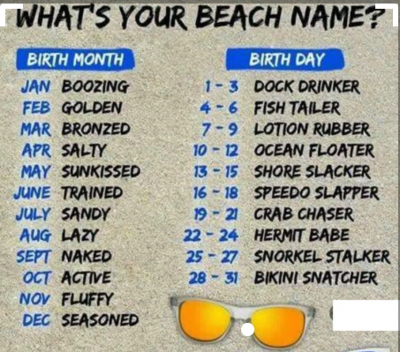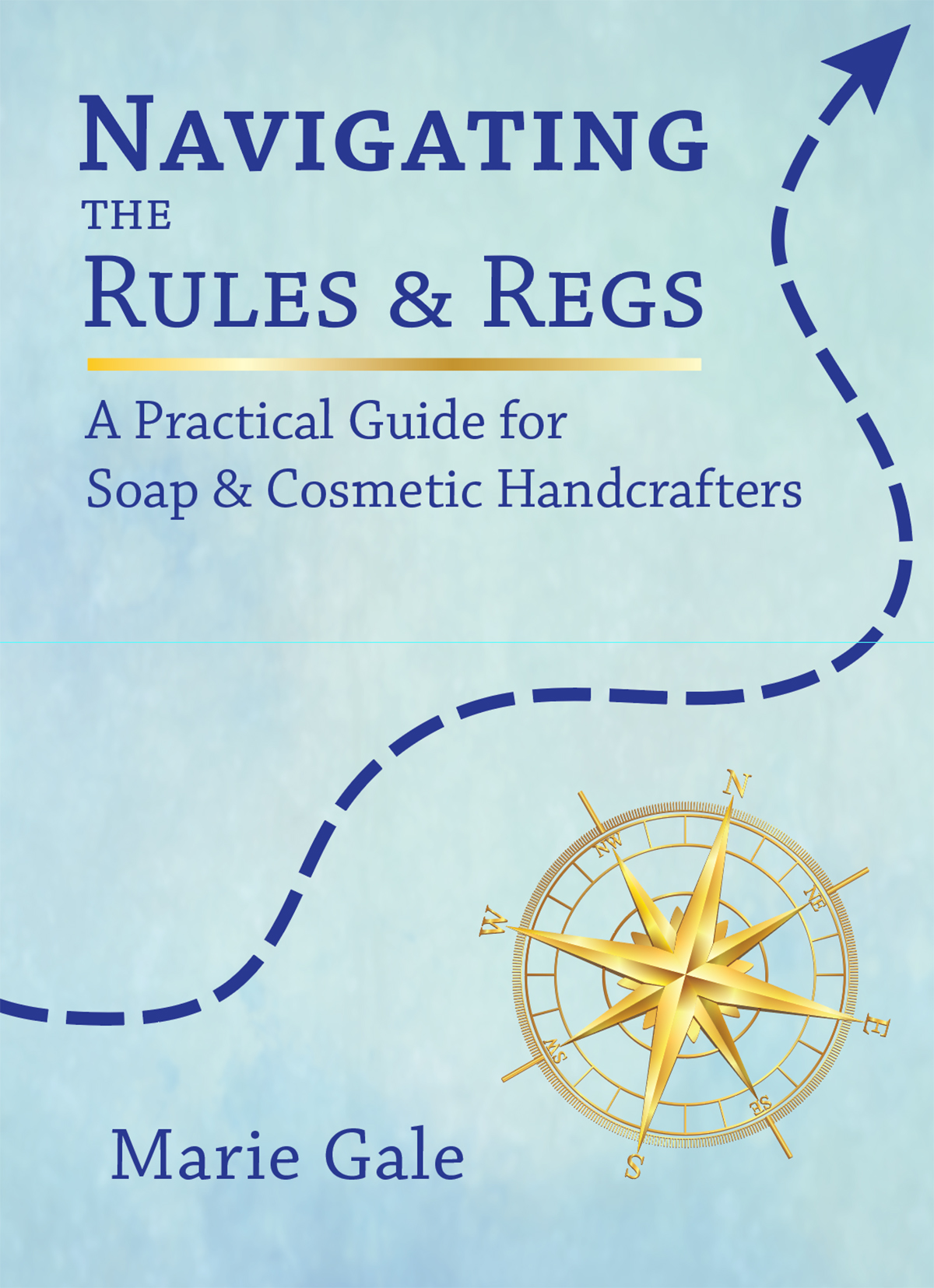Are you putting your personal accounts at risk?
Lately I’ve seen a lot of quizzes and surveys in my Facebook feed. It scares me to see the amount of personal information that is being shared without thinking it through.
You know those shared posts that have lists of questions so your friends can get to know you better? What’s your favorite movie? Favorite food? Name of your dog? Where did you honeymoon? and such.
Or the “Do you remember?” posts.


And what about those cute little games that you just post the answer to …..


There are also the personal posts – “Today is my 25th anniversary and I remember our honeymoon at Niagra Falls.” Or “I can’t believe it’s been 8 years since this bundle of joy entered our lives.”
When you are on Facebook, it seems innocuous. It’s fun. Other people have provided their information, it is interesting, and you want to share. Besides, only your friends are going to see it, right?
Well, first of all, it may not JUST be your friends who see it. If you posted in response to someone else, then it’s not just YOUR security settings, but theirs as well. It’s entirely possible that your responses could end up being publicly viewed. Not on your feed, but as a comment on someone else’s feed, along with your profile name.
Out in the real world, some of those same questions are also used for security questions. Some of your posts may contain answers to your security questions as well.
Some of the most common security questions are:
- What is your favorite book?
- What is the name of the road you grew up on?
- What is your mother’s maiden name?
- What was the name of your first/current/favorite pet?
- What was the first company that you worked for?
- Where did you meet your spouse?
- Where did you go to high school/college?
- What is your favorite food?
- What city were you born in?
- Where is your favorite place to vacation?
- What was your first car?
- What is the name of your first school?
- What is your father’s middle name?
Think about it. You may have been giving out THE ANSWERS TO YOUR SECURITY QUESTIONS.
If your profile is public (or you had the misfortune to “friend” someone who isn’t actually a friend, but a hacker), then your profile with your name, education, relationship, location, and all manner of other information may also be accessible.
How do hackers work? By piecing together the necessary information to access someone’s account. With enough personal information, some diligence, and a little luck, a determined hacker could probably work out your username and password or the answers to your security questions to reset your password. Bingo! Access to your account!
Of course, most of us aren’t high enough profile (read “have enough money in the bank”) to warrant the time necessary for a lone hacker to go after a single account or to steal your identity. Mostly. But concerted hacking attempts by groups can gather massive amounts of information and use computer programs to automate the process. That’s where there can be trouble.
Please, Be Safe!
- Check your security settings on Facebook and make sure you aren’t sharing private data publicly.
- Don’t answer silly questions sharing information that can be used to hack your accounts.
- Carefully consider when posting anniversary dates, past locations, or other information that could be used as security questions.
- If you have bank or credit card accounts whose websites use “security questions,” use FALSE information to answer the questions. They don’t care; they just pick questions you should be able to remember.
- Change your bank and credit card account passwords regularly.
- Don’t use personal information in your password (such as date of birth or anniversary, children’s names, or pet’s names, phone number, street address, or zip code. And don’t use “password” or “123456” (the two most common passwords)!
- Use different passwords for each of your accounts.
- If keeping track of all those passwords seems impossible, consider using an encrypted password keeper. I use mSecure, but there are several others out there.



Leave a Reply